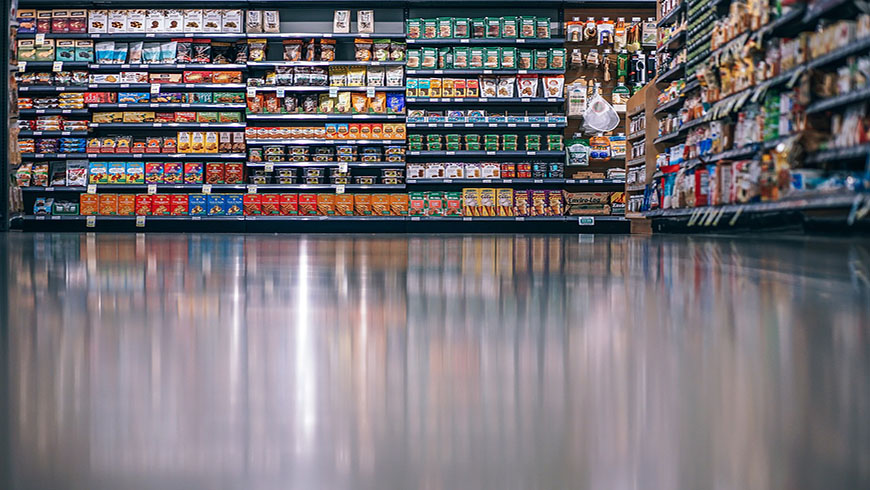
Food crime, what it is and its consequences in Spain
Spain is one of the countries that most suspect food offenses has communicated to the EU, this is a problem that affects both industry and consumer. Therefore, in this post we want to establish which cases are defined as food fraud according to the national norm and what legal consequences would be to violate these laws.
Failure to comply with the laws entails the imposition of both administrative and criminal penalties for food offenses. The degree of severity depends on the fact committed and the potential or caused damage to the health of consumers.
The cases that are defined as food offenses are included in articles 363 to 367 of the Criminal Code, laws in charge of protecting public health and regulating situations that cause danger or serious consequences for the health of people. The mere fact that it is a potential danger is already considered a crime, without the need for any individual to be harmed. Articles include the following cases:
- Offer products on the market that omit or alter their expiration and composition.
- Manufacture or sell beverages or groceries intended for public consumption harmful to health.
- Trafficking with corrupted genres.
- Prepare or trade with unauthorized and harmful products for health.
- Distract effects intended to be unused or disinfected to trade with them.
- Administer to animals destined for human consumption substances that are not allowed that generate risk for the health of people, or in doses or for purposes other than those authorized.
- Sacrifice animals or allocate their products for human consumption knowing that they have been given forbidden substances that create a risk to people’s health.
- Sacrifice animals to which therapeutic treatments have been applied through the use of substances that are not allowed to create a risk to people’s health.
- Market meat or animal products without respecting the waiting periods provided by regulation.
- Poison or adulterate drinking water or food substances with infectious or other substances that may be seriously harmful to health.
Regarding the consequences of failing to comply with said articles, the legal person in which the responsibility falls, may be sentenced to the dissolution, suspension or closure of the activity, prohibition of carrying out future activities in the same area, disqualification to obtain subsidies or aid , and even, the judicial intervention of the mercantile one.
If the person responsible demonstrates that the food offense is due to recklessness and not by will, the penalty will be maintained, but may be reduced.
At LegaleGo Nutrition we have extensive knowledge of the food sector. We will address any query you may have in this regard without any obligation whatsoever.






